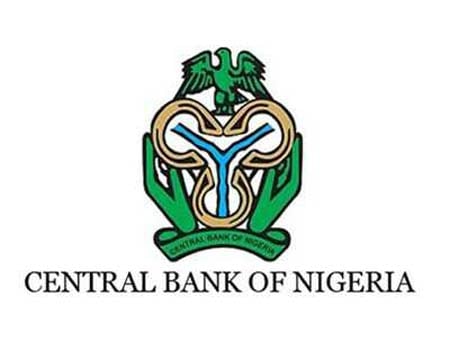Specifically, the bank says it pays attention to these critical elements with consumer concerns as a top priority. They are: processing timelines, consumer protection and dispute resolution, competition, business continuity, data protection/cyber security and fraud.
While addressing key issues confronting the e-payment industry over the weekend at a bi-monthly forum organised by the Finance Correspondents Association of Nigeria (FICAN),the guest speaker, CBN Director, Banking & Payment Systems Department, Mr ‘Dipo Fatokun said these areas were arrived at after consultations with other key stakeholders.
According to Fatokun, regulatory landscape remains complex for operators. They, according to the director, not only need to comply with existing regulations, but also adhere to new regulatory initiatives, some of which affect established operating or business models.
While describing electronic payment as any form of payment where an electronic system is used to initiate, authorise and confirm the transfer of money between two parties, Fatokun stated that this could be for various reasons, such as payment for goods and services, settlement of obligations, gifts and many more.
He observed that the complexity of the regulatory landscape sometimes requires banks to leverage on technology .
Noting that with 15,000 automated teller machine (ATM) channels in Nigeria, ATMs account for the highest volume of transactions, Fatokun stated that cards have been the fastest growing payment instrument since 2010 as cheque use has declined.
According to him, global non-cash (electronic payment) transaction volumes grew at 6.9 per cent to reach 387.3 billion in 2014, and this can be attributed mainly to accelerated growth in developing markets.
The event, with the theme: ‘Electronic Payment Industry’s Performance & Regulatory Issues’ was held over the weekend at the FICAN Centre, Onipanu, Lagos.
In his opening remarks, chairman, FICAN, Mr Babajide Komolafe said the association was aware that banking in Nigeria was becoming highly dependent on technology. This has brought about challenges that need the collaboration of key stakeholders including banks and their customers to be fixed.
He reiterated that as financial journalists, effective functioning on the job will depend on how much information is made available by regulators and industry players to them and how they apply such information in the course of carrying out their responsibilities.
“The Bi-Monthly Forum has remained an idea-sharing arena where our members and regulators rob minds on issues affecting the banking sector in particular and economy in general.
“We enjoin all members of the association to continue to take part in this forum to enhance their capacity to deliver on their work. We believe that such events boost information exchange and knowledge sharing among stakeholders and restore confidence of the banking public on electronic payment platforms,” he said.






